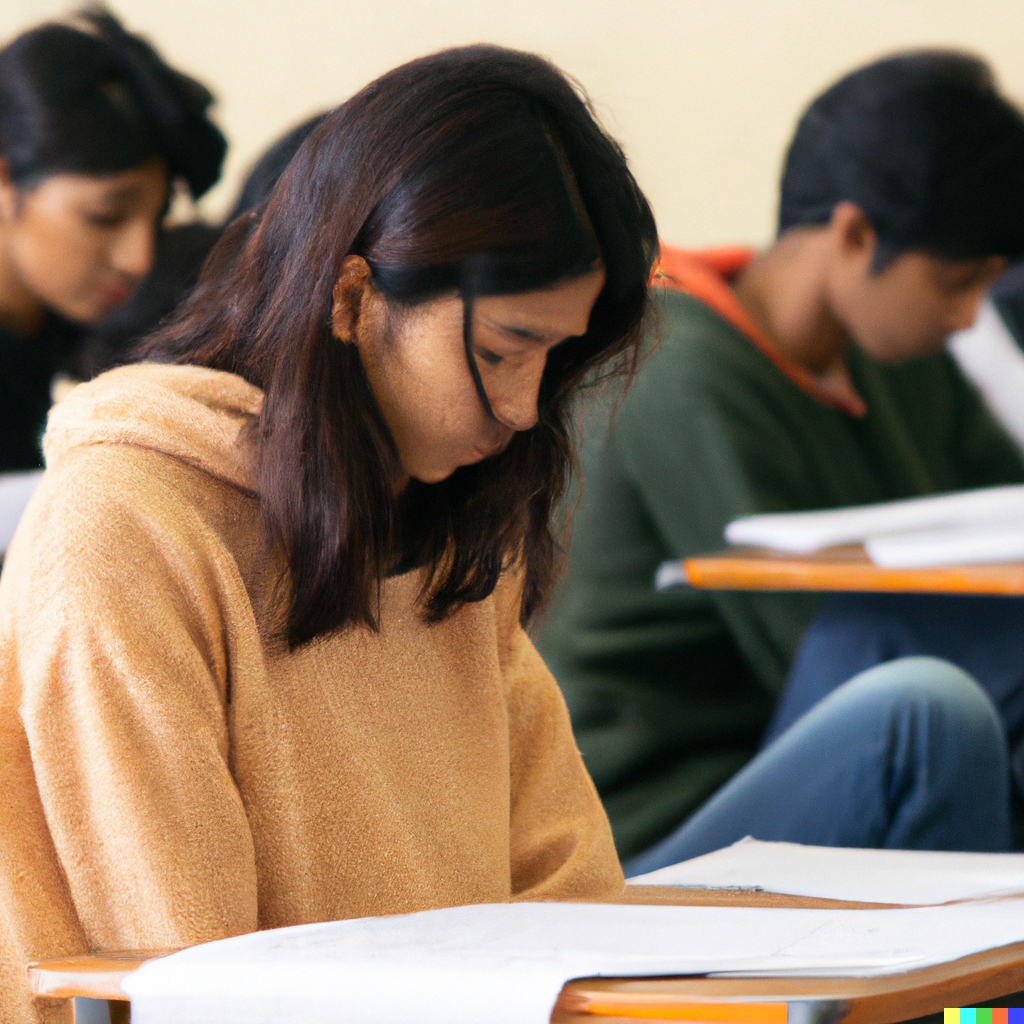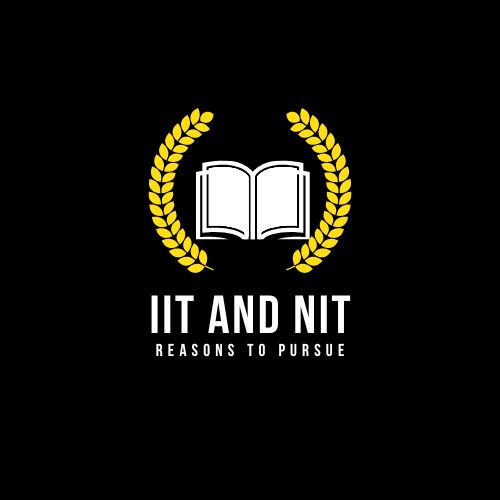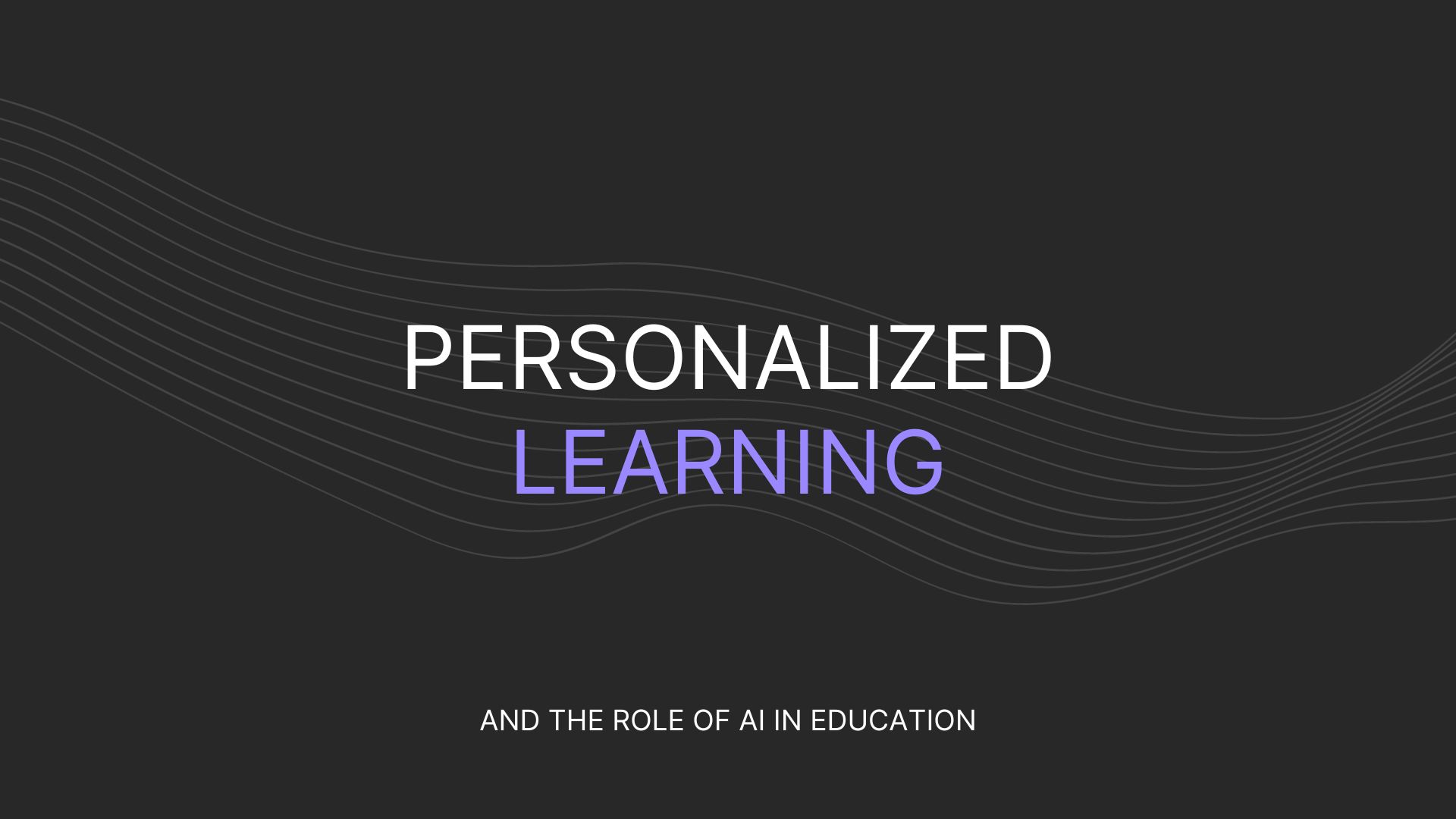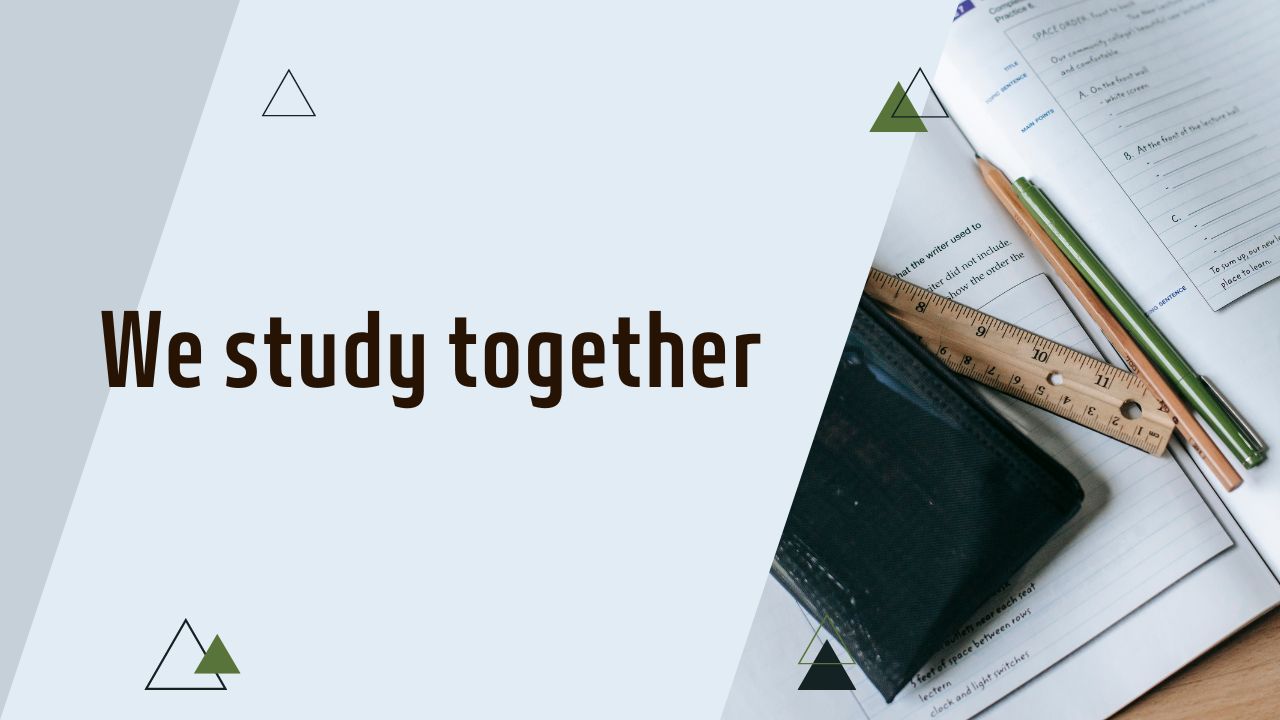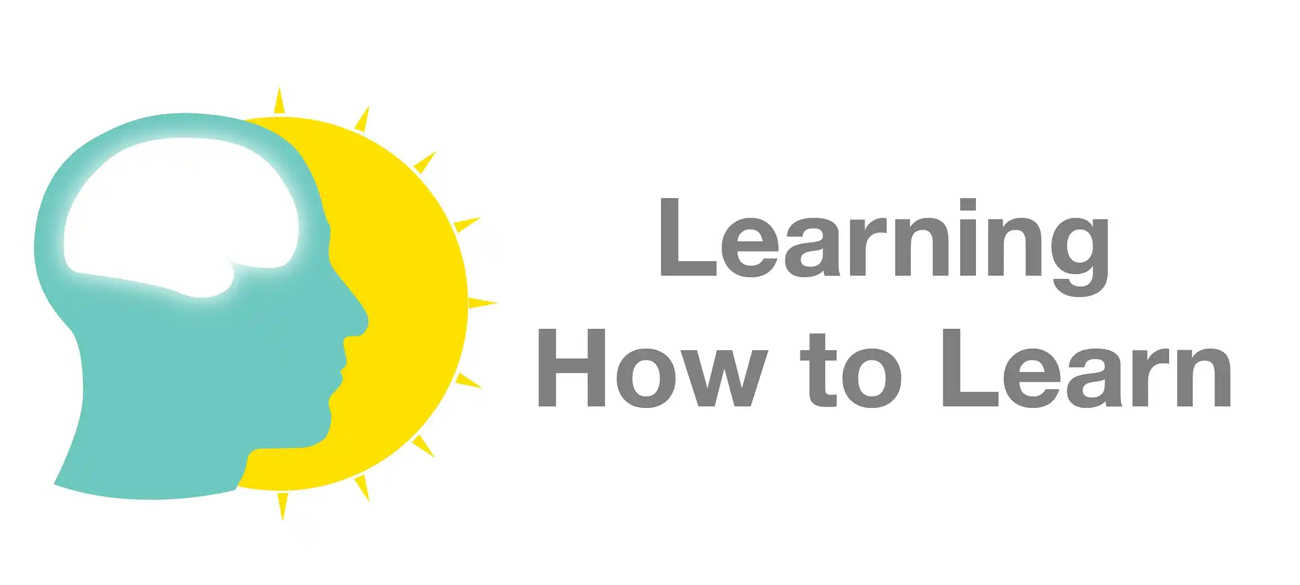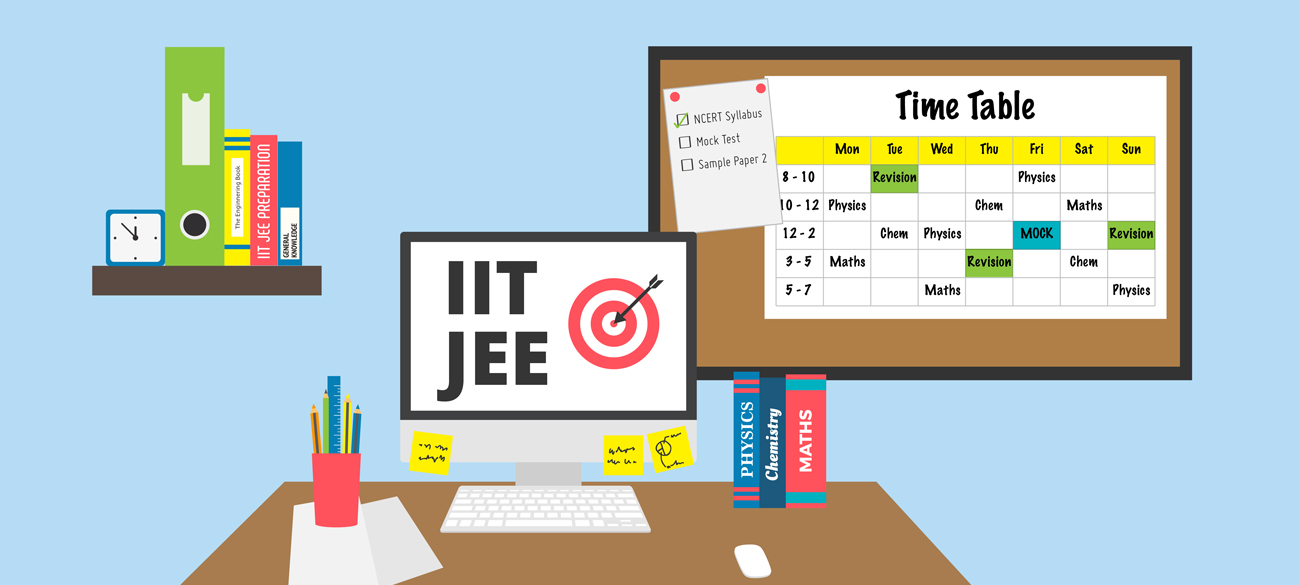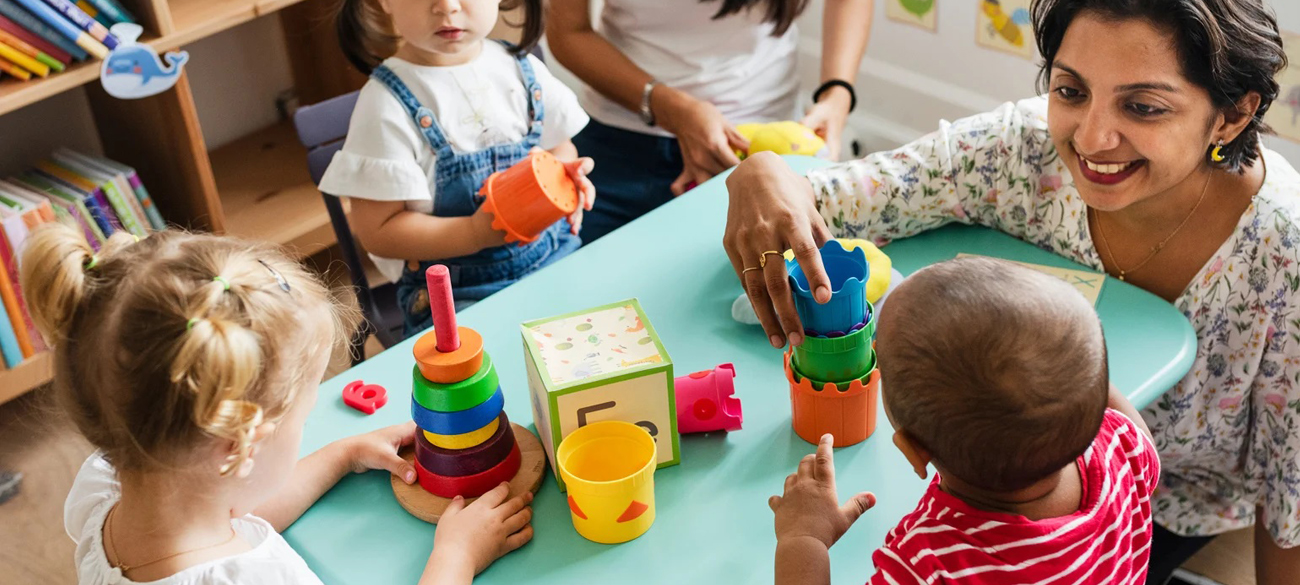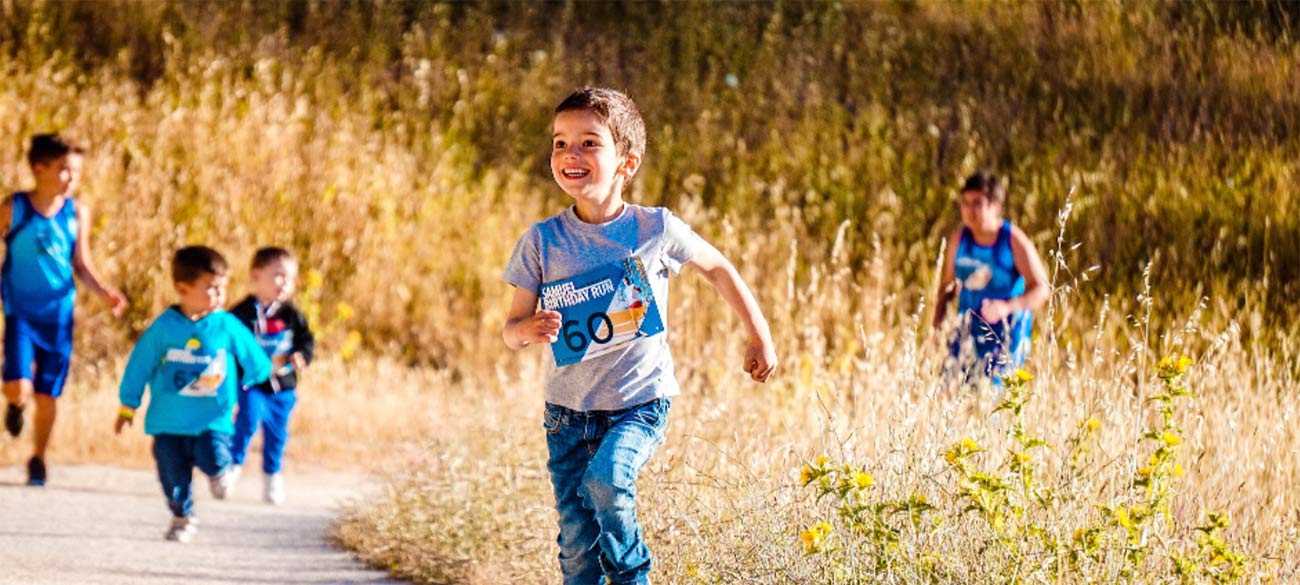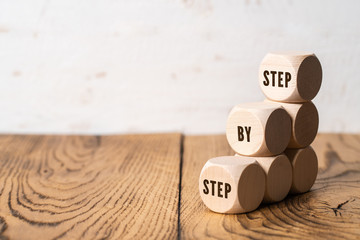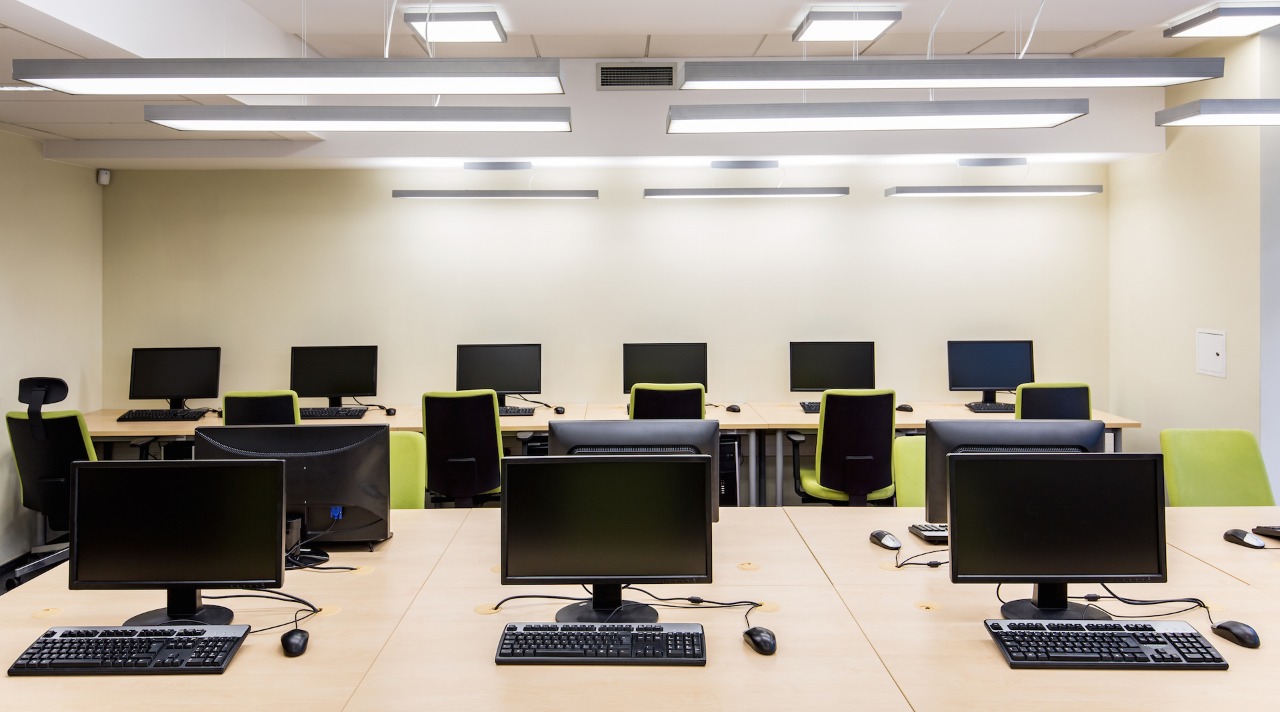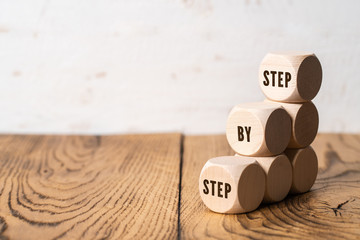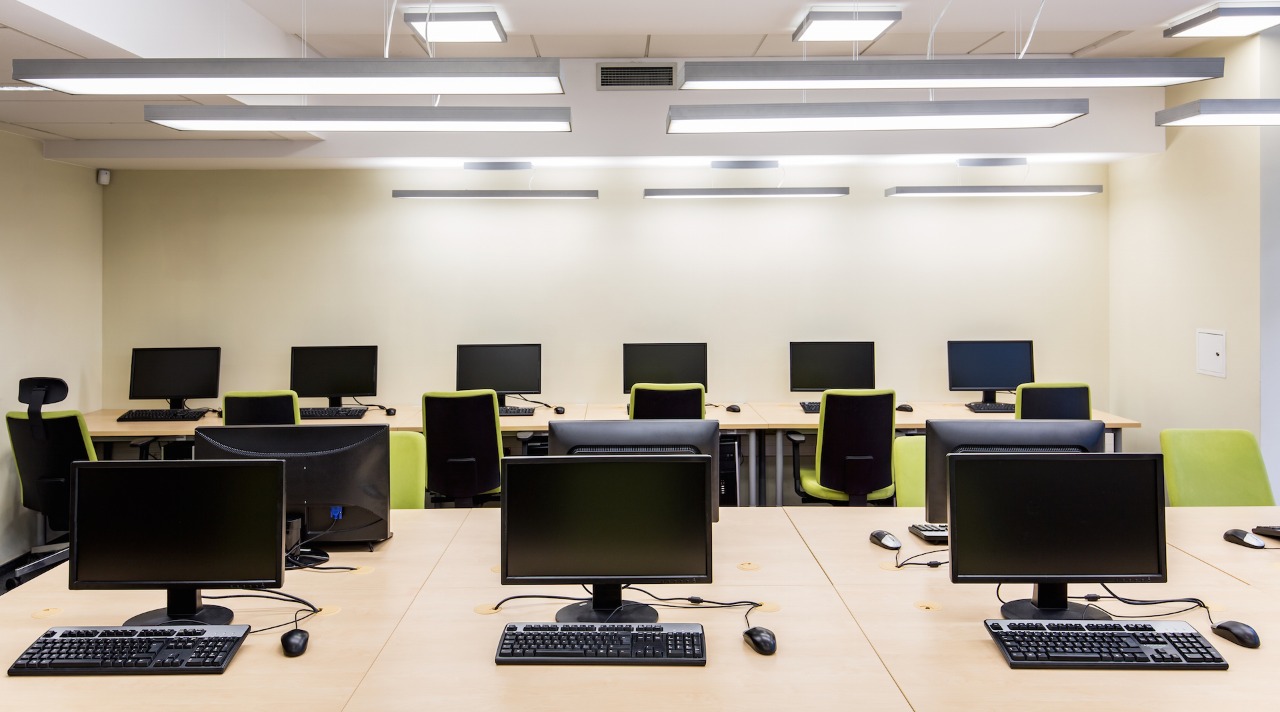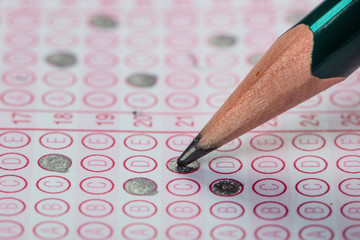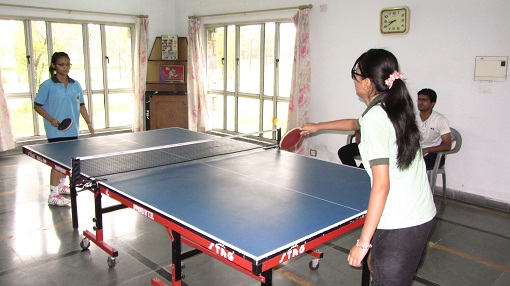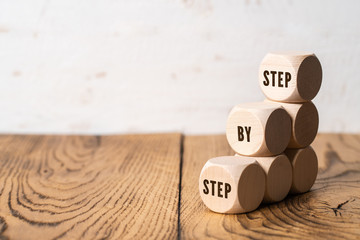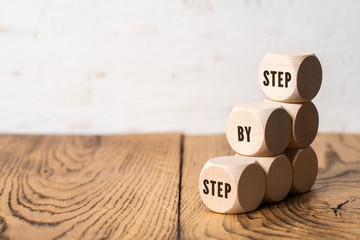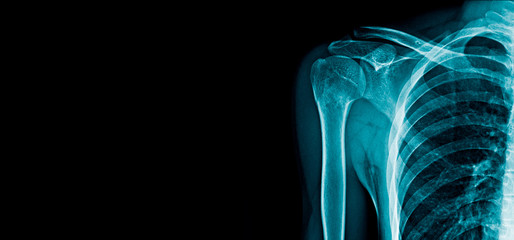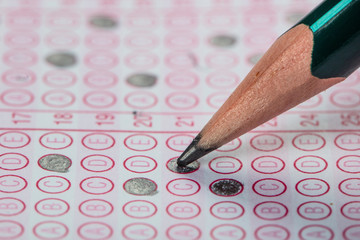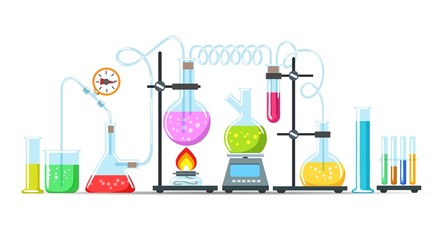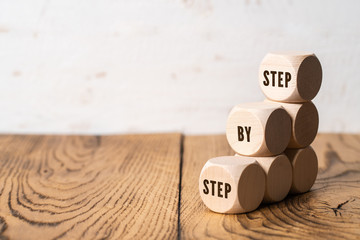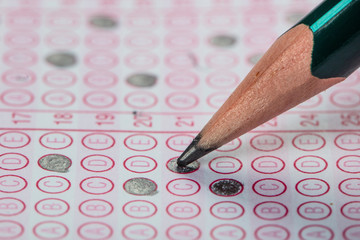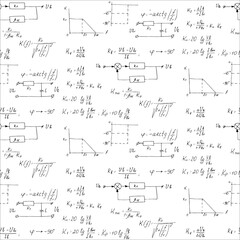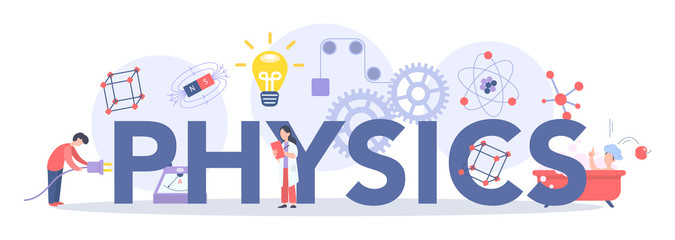Can Physical Education help children to increase their attention spans?
Parents and instructors' most frequent concern is that “their children simply don't concentrate or pay any attention”. Children and adults alike are suffering from shortened attention spans as a result of the internet, computers, and digital gadgets. We now live in a new reality in which we are more linked to technology and less attached to people and nature. The battle with distractions is never over, and we more often (if not always) lose. Any work that takes longer than the amount of time they can retain concentration makes children feel stuck. Youngsters tend to lose interest or become upset when they need to concentrate for a longer period of time.
Many studies have found that sports and physical activity can significantly aid children in improving their attention span. It has a very basic scientific explanation. For healthy functioning of the brain, it requires more oxygen than any other organ. Physical activity and games are effective ways to improve blood flow to the brain and release more oxygen. Physical education sessions provide numerous advantages to students. Few of them are mentioned below.
P.E. has been shown in research to enable students to improve their academic achievement. Exercise promotes learning on three levels. First, it improves alertness, focus, and determination; second, it stimulates and induces nerve cells to bond to one another, which is the cellular basis for logging in additional information; and third, it promotes the production of new nerve cells from stem cells in the hippocampus. Many of the common physical activities that teenagers participate in are proven to improve their attentiveness and well-balanced behaviour as well as improve their social interaction. These types of social interactions continue to be vital in a student's development. The importance of core subjects only is emphasized in many education curricula. Hence students are under pressure to improve their grades in these courses. Since they are expected to spend so many hours studying, it causes a lot of stress for the youngsters.
Exercise not only helps the brain prepare for learning, but it also improves memory retention. Students who exercise on a regular basis have better sleep quality. This can help them to be more alert at school and have better concentration. In the struggle against obesity in children, regular exercise is crucial. Physical activity training that is both routine and planned increases life skills (interpersonal and self-regulation) as well as essential values like respect and social responsibility. Students take on new social, physical, and emotional challenges that push them out of their comfort zones. Nutrition is undeniably one of the most important elements of physical education. During physical education sessions, youngsters learn about the importance of nutrition. They'll also learn about important dietary guidelines.
Physical fitness can play an important part in leading a healthy lifestyle. This is why physical education is a mandatory class at all of the world's top colleges. We know that the heart is responsible for pumping blood throughout the body. Students who are idle throughout the day are at risk of various cardiovascular problems. Unlike adults, children do not need to spend a great deal of time in the gym to obtain a sufficient workout. All they require is a lot of fun and a lot of running around on the grounds. P.E.T classes for students that are age-appropriate must be encouraged in schools and colleges. Hence, the answer to the question above is obviously a big YESS!!!



.jpeg)







